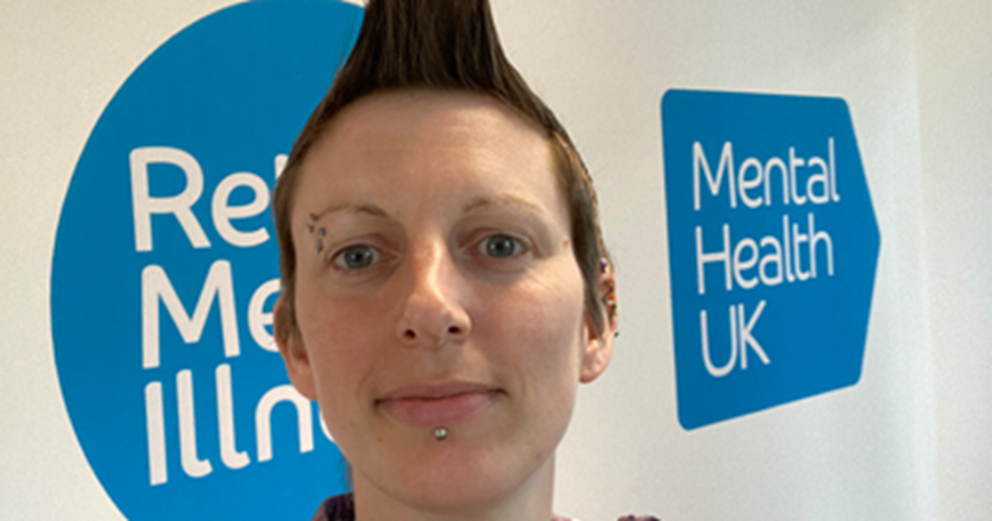Langdon advocacy service
Advocacy Office GF63Prentice HouseLangdon HospitalDawlishDevonEX7 0NR View on map
Mon - Fri: 9.00am - 5.00pmSat and Sun: Closed
Rethink Advocacy provides Independent Mental Health Advocacy (IMHA) across Langdon Hospital.
The IMHA service has an office on site at Langdon Hospital, and is free, confidential, and independent of the NHS hospital in which it is based.
Our IMHAs can help people understand and uphold their rights and safeguards under the mental health act. They can help individuals take control of their own treatment and care by:
- Accompanying them to key meetings
- Drafting letters to relevant professionals
- Voicing concerns
- Outlining rights
- Complaining where appropriate
- Accessing relevant records
- Challenging decisions
- Helping you take control
Our advocates are also actively involved in staff training, patient forums, and self-advocacy training.
Langdon IMHA Service Access/ referrals
Our IMHAs visit the Langdon wards regularly throughout the working week (Mon to Fri 9-5). Their presence on the wards aims to encourage self-referrals and they also work closely with The Mental Health Act Office and hospital staff to identify new admissions and offer them an introduction to advocacy at the earliest opportunity. When patients are given their 132 rights both orally and in writing they receive information about our service as part of that process.
All patients at Landgon are detained under The Mental Health Act and are eligible to access our IMHA service.
This service is not open to those who are not detained in Langdon Hospital.
What advocates can and can't do
An advocate can stand by you, and stand up for you, when important decisions are being made about your care, treatment and the way you live your life. They can help you understand your rights and options, and then support you in expressing your views and wishes to the relevant services. They can also speak up on your behalf if that’s what you want. People often work with an advocate when they’re going through some kind of assessment or review of their care or treatment.
What an advocate can help with
Get information and understand what it means
Explore your options and decide what you want
Contacting people, or contacting them for you
Express your feelings to others, or do this for you
Prepare for meetings, and support you at them
Stand up for your rights to get the services you need.
What an advocate can't do
Provide advice or emotional support
Make decisions for you without your input
Solve someone’s problems for them
Mediation
Provide care or home support
Agree with everything a person says.
Read more about our work


